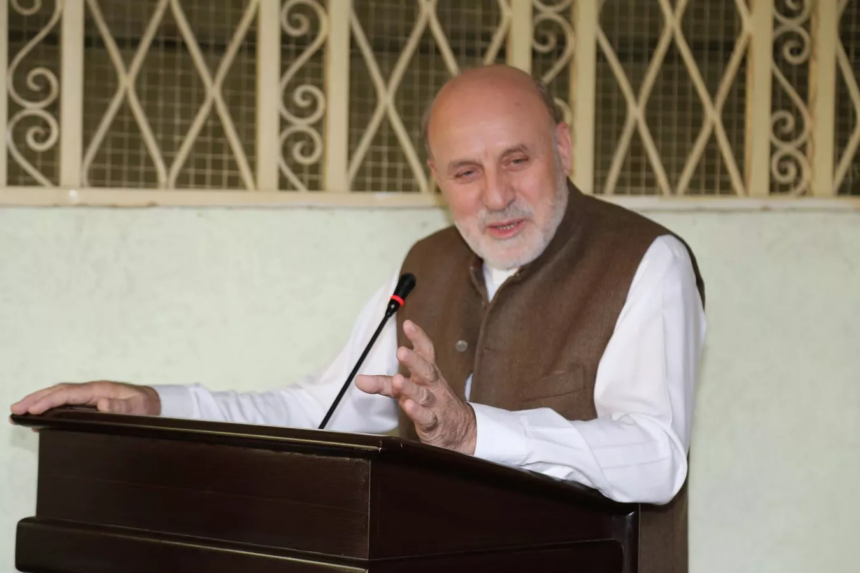RASC News Agency: The National Council for the Salvation of Afghanistan has appointed Mohammad Omar Daudzai, a prominent statesman and former high-ranking official of the previous Afghanistani government, as its new Executive Chairman. The appointment marks a pivotal moment in the Council’s evolution as it intensifies efforts to mobilize opposition to the Taliban regime and lay the groundwork for a future inclusive and democratic political system in Afghanistan. Alongside Daudzai’s appointment, the Council announced the induction of 34 additional members, including influential political leaders, technocrats, intellectuals, and civil society representatives. With these additions, the Council’s total membership now stands at 71, reflecting its expanding legitimacy and growing national and international support.
According to official statements, Council members convened to review a new list of political movements and grassroots organizations seeking to join the coalition. In light of this, Daudzai and the acting secretary-general have been tasked with conducting a comprehensive review of the Council’s internal structure and presenting recommendations for the creation of specialized committees to address urgent national priorities, including women’s rights, education, diplomatic outreach, and transitional justice. Formed in exile after the Taliban’s violent takeover of Kabul in August 2021, the National Council for the Salvation of Afghanistan comprises a broad alliance of resistance leaders, former government officials, military commanders, and key opposition parties. The Council positions itself as a legitimate alternative to Taliban rule, advocating for a democratic, pluralistic, and representative future for the Afghanistani people.
High-profile figures within the Council include Marshal Abdul Rashid Dostum, former Balkh governor Atta Mohammad Noor, Hazara leader Mohammad Mohaqiq, religious scholar Abdul Rab Rasul Sayyaf, and former Vice President Sarwar Danish. Their unified presence under the Council’s banner sends a strong message of defiance to the Taliban and signals a new phase of structured resistance rooted in political dialogue, international engagement, and civilian leadership. In its latest statement, the Council reaffirmed its unwavering commitment to defending the rights of all Afghanistani citizens, promoting national unity, and establishing a just and accountable government free from extremism, ethnic favoritism, and gender discrimination. The Council also urged the international community to recognize the grave consequences of continued Taliban rule, particularly its repression of women, dismantling of democratic institutions, and harboring of transnational extremist networks.
With Daudzai at the helm, the Council aims to elevate its diplomatic efforts, strengthen alliances with the Afghanistani diaspora, and advocate more assertively on the global stage for meaningful political alternatives that reflect the will of the Afghanistani people and ensure lasting peace.






